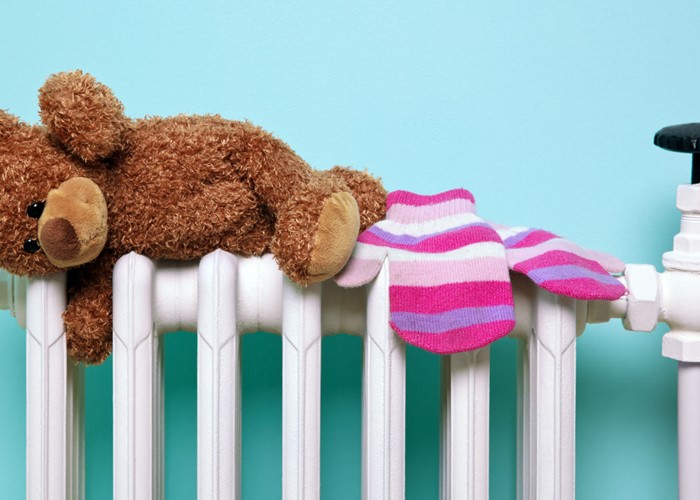Opinion: switching to a new energy deal right now could cost you

It was THE golden rule for cutting your energy bill, but switching to a new deal right now is likely to cost you far more than the deal you’re already on.
If 2021 was a tumultuous year for the energy market, it doesn’t look like 2022 is going to be much of an improvement.
This week has seen another couple of small energy suppliers going bust, joining the dozens that hit the wall last year, with yet more households being moved to a new supplier as a result.
We have also had confirmation of astronomical increases to the energy price cap to come in April, with the typical household facing an annual increase of just shy of £700 (head this way for tips on cutting your energy bill).
With all of this uncertainty around us, the thought of snapping up a fixed tariff can seem incredibly tempting.
After all, with a fixed tariff at least you have that certainty, you know what you’ll be paying each month and can plan around it.
Yet this might turn out to be an expensive error.
Check out our new fixed tariffs
The demise of so many suppliers has meant that, obviously, the market is not quite awash with the number of tariffs to choose from as in days gone by. However, suppliers are starting to come forward with new deals.
An important and encouraging development has also been new Ofgem rules forcing suppliers to offer the same deals to existing customers as new ones. Even though this is only a temporary measure, it’s a useful step in preventing the so-called loyalty penalty.
And yet these fixed deals may actually be a serious mistake because they are far more costly than the standard tariffs that many households have found themselves on.
By opting for the security of knowing what you’ll be paying, you may end up shelling out far more than the current energy cap!
Breaking the cap
The concept of energy suppliers offering deals that are more costly than the energy price cap might seem bizarre. After all, what’s the point in a cap if suppliers can charge more than that?
But it comes down to the design of the cap itself, which only applies to suppliers’ standard tariffs.
In times gone by, these were the most costly deals around, so the cap was introduced as a way of limiting the damage, of ensuring that, while they were a rip-off, they were at least going to be less of a rip off.
The cap doesn’t apply to new fixed or variable tariffs though, which is why suppliers are able to launch them at higher price points than the cap.
The difference isn’t exactly marginal either. A week or so ago, the cheapest fixed rate tariff was a mammoth 68% more expensive than the price cap.
And that was the cheapest deal!
Imagine how much more costly the mediocre ones were.
You don’t know what you’ve got til it’s gone
I’ve been writing about energy deals for a long time now, and there has been a common piece of advice ‒ avoid the standard tariff like the plague.
Suppliers relied on us being apathetic about switching and cashed in when our initial deal came to an end and we moved onto the standard tariff.
The fact they were a massive rip off is why the price cap was introduced in the first place.
And yet now we are in the bizarre position where actually holding steady on the standard tariff makes more sense, at least in the short term in the hopes that the market normalises and prices can come down again.
Even though we know that the cap will be increased again in October, few energy experts expect it to jump by a further 60% plus, meaning that even at the higher level it will still work out better value than the current crop of fixed rates.
It may well be that the energy price cap rockets in the months ahead, yet if fixed-rate tariffs don’t come down substantially at the same time, then standard tariffs are actually our best bet for the time being.
As absurd as it seems, shopping around for a new energy deal might actually be the worst thing you can do.
Comments
Be the first to comment
Do you want to comment on this article? You need to be signed in for this feature